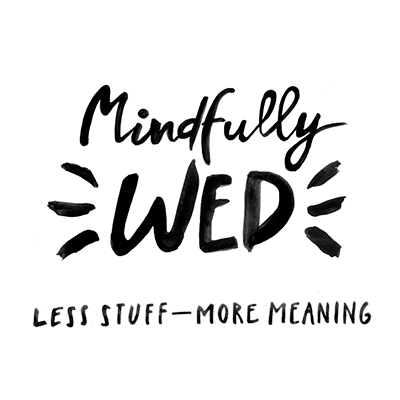
“Ubuntu” : “I am what I am because of who we all are”
This is a Bantu dialect African philosophy based on the belief that a universal bond of sharing links all humanity. It is through this common bond to our fellow humans, that we discover our own human qualities.
This saying was brought to popular culture by the writings of Desmond Tutu, Archbishop of Cape Town and Leader of anti-apartheid movement who won a Nobel Peace Prize for his work. As he put it:
“It is the essence of being human. It speaks of the fact that my humanity is inextricably bound up in yours. It speaks about wholeness, it speaks about compassion. People with Ubuntu know that they are diminished when others are humiliated, diminished when others are oppressed, diminished when others are treated as if they were less than who they are. The quality of Ubuntu gives people resilience, enabling them to survive and emerge still human despite all efforts to dehumanize them.”
And the South Africans fighting for independence strove to have integrity even in the face of adversity.
Nelson Mandela when asked to define Ubuntu in an interview in 2006 replied, “In the old days when we were young, a traveller through a country would stop at a village, and he didn’t have to ask for food or water; once he stops, the people give him food, entertain him”. It’s this ‘no questions asked’ hospitality that is present often in the poorest of cultures, that many of you may have experienced when travelling to different lands. I will never forget taking a trip from Cairo to Siwa Oasis in the Libyan desert where a local Muslim man got out his food and shared it with everyone on the bus before he ate. He had no airs about it, it was simply his custom.
There isn’t a direct translation in our language for Ubuntu, but we all know the value of sharing and giving. Being more individualistic by nature though the messages we get can be more about our family or our community, rather than humanity at large.
I want to share a beautiful video made as part of Amnesty International Poland response to the refugee crisis. So they let a European and a refugee sit across from each other and look deeply into each other’s eyes for four minutes.
When people are willing to look deep in each other’s eyes, one sees no labels any more. We see no language or birth or nationality. What we do see is a soul and a soul who sees purity, warmth and especially vulnerability.
I’m going to be braver next time I’m on a train and a stranger smiles at me, braver to hold the space a little longer and feel the human-ness that connected us all.
By Amy Wilson.
Image by Sandra Henri Photography.

